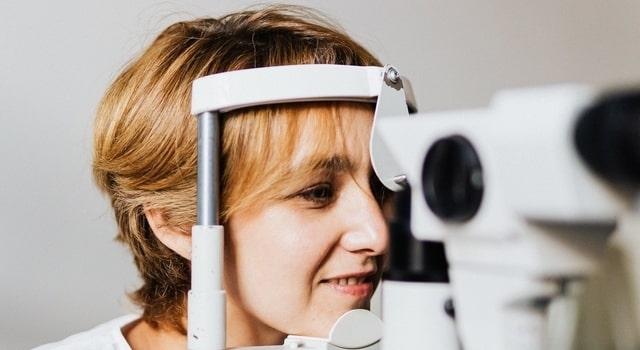
Taking care of your eyes is essential for maintaining good vision and overall health. One of the most important steps you can take to safeguard your vision is scheduling regular comprehensive eye exams. Whether you are overdue for a check-up or simply curious about the process, understanding what a comprehensive eye exam entails can help you feel confident in prioritizing your eye health.
What is a Comprehensive Eye Exam?
A comprehensive eye exam is more than just a quick vision test. It’s a thorough evaluation of your eyes and visual system. It is designed to detect early signs of eye diseases, assess your overall eye health, and ensure your vision prescription is up to date. During a comprehensive exam, your eye doctor will evaluate a variety of factors, including your visual acuity, eye coordination, and the internal health of your eyes.
Here is what sets a comprehensive eye exam apart:
- Visual Acuity Testing: This tests how clearly you can see at various distances.
- Eye Muscle Function Test: To assess the strength and control of your eye muscles.
- Refraction Test: Determines whether you need a prescription for glasses or contact lenses.
- Pupil Dilation: By dilating your pupils, your doctor can get a clearer view of the internal structures of your eye, helping to detect potential health issues.
Comprehensive eye exams aren’t just about vision correction; they are a crucial tool for detecting severe eye health issues that could affect your vision in the long term.
The Benefits of Regular Eye Exams
Routine eye exams are critical for more than just updating your prescription. They allow your eye doctor to detect and address potential eye health concerns before they become serious problems. Many eye diseases, such as glaucoma, cataracts, and macular degeneration, may not present symptoms in their early stages but can be identified during a thorough eye exam.
Eye exams can also reveal underlying health issues. For instance, conditions like high blood pressure, diabetes, and even certain types of cancer can be detected by observing changes in the blood vessels and structures inside the eye. By catching these conditions early, your doctor can guide you toward the proper steps to protect both your vision and overall health.
What to Expect During the Exam
During your comprehensive eye exam at Central Oregon EyeCare, you can expect a comfortable, personalized experience. Here is a quick overview of what the exam typically involves:
- Health and Vision History: Your optometrist will start by asking about any vision changes, symptoms, and your general health. This helps your doctor understand any risk factors you may have for eye disease.
- Vision Testing: You will go through a series of tests to evaluate your vision, including reading charts and tests for near and far sight. If you wear corrective lenses, your prescription will be checked and updated as needed.
- Eye Coordination and Muscle Function: Your eye doctor will test how well your eyes work together, looking for any signs of strain or imbalance.
- Pupil Dilation: To examine the internal health of your eyes, your pupils will be dilated. This allows the doctor to check for signs of diseases like glaucoma or macular degeneration.
- Follow-up and Recommendations: After the tests, your optometrist will explain the results and provide any necessary treatment recommendations, which could include eyewear adjustments, lifestyle changes, or monitoring of eye conditions.
The whole process usually takes about an hour, but the time spent can help ensure that your eyes are healthy, and your vision is at its best.
Preventative Eye Care for Long-term Vision Health
Scheduling regular eye exams is one of the best ways to maintain your vision health over time. By being proactive, you can catch potential issues before they progress into more severe conditions that could affect your quality of life. Annual exams are essential as you age, as your risk for vision problems increases over time.
Even if your vision seems fine, annual exams are a must. Many eye conditions, such as glaucoma, progress without noticeable symptoms. Early detection through a comprehensive exam can be the key to effective treatment and preventing long-term vision loss.
Visit an Independent Optometrist for Personalized Care
When it comes to eye care, seeing an independent optometrist can offer distinct advantages. At Central Oregon EyeCare, you will receive personalized care tailored to your needs. Unlike large chains, independent practices often build long-term relationships with their patients, allowing for consistent, comprehensive care. Your optometrist will take the time to understand your individual eye health history, ensuring you receive the most accurate and beneficial treatment.
Don’t wait for a vision problem to arise—request your comprehensive eye exam at Central Oregon EyeCare. Taking a proactive approach to your eye health now will help ensure a clearer, brighter future.
